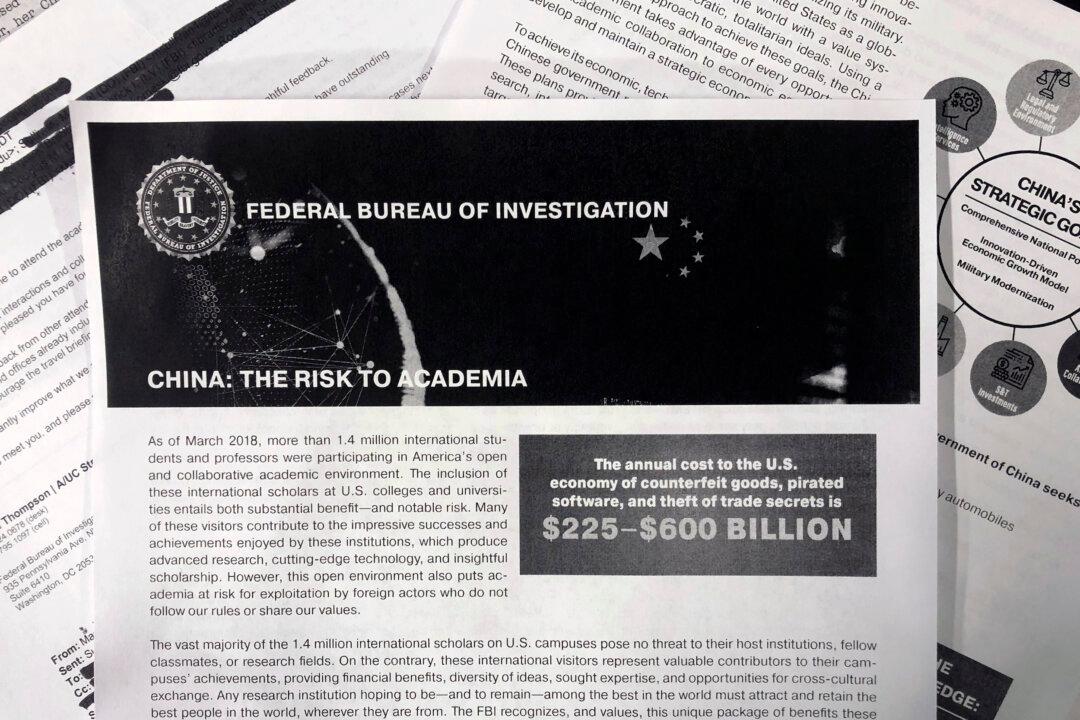WASHINGTON—The Trump administration said on Oct. 16 that it will soon require Chinese officials in the United States to notify the State Department ahead of any contacts they plan to have with American educators, researchers and local and state governments.
The release of the new rules was accompanied by notices to American educational and research institutions and local governments informing them of the reporting requirement. The change is effective Wednesday.





